
heal Running injuries
Uncover the cause, heal your pain so you can run without injury.
Choose the common running injury you want to learn more about:
meniscus problems in runners
In this episode of Running to the Castle I’m talking about what to do and what to avoid when doing strength workouts as a runner with meniscus tears.
When you’re doing strength workouts and you have meniscus tears or problems there are a few things you want to be mindful of doing:
deep bending
plant and twist movements
deep bending during a flare
shin splints in runners
In this episode of Running to the Castle you’ll learn what to do when you have foot pain keeping you from running as much as you want.
In this episode of Running to the Castle you’ll learn what to do to manage leg pain 2 weeks before the half marathon or 2 course challenge at runDisney.
In this episode of Running to the Castle, you'll learn how to prepare for runDisney races like Chills and Thrills and Wine and Dine, and Dopey through strategic base building, strength training, and personalized pacing and differentiate between soreness and shin splints.
I am diving into what type of shoe you should wear. based on what kind of injury you have so that you can prevent further injury.
In this episode of Running to the Castle you’ll learn how to decide how to move forward with training for your race if you have hip and groin pain with running.
In this episode of Running to the Castle, you’ll learn why you can’t diagnose running pain from a Facebook post—and what you should be asking instead.
In this episode of Running to the Castle you’ll learn what to do to manage leg pain 2 weeks before the half marathon or 2 course challenge at runDisney.
Hip Pain in runners
In this episode of Running to the Castle, you’ll learn why you can’t diagnose running pain from a Facebook post—and what you should be asking instead.
In this episode of Running to the Castle you’ll learn what to do when you have foot pain keeping you from running as much as you want.
In this episode of Running to the Castle you’ll learn how to get rid of plantar fasciitis pain before race day, like Princess Half Marathon Weekend.
plantar fasciitis in runners
In this episode of Running to the Castle, you’ll learn about Achilles pain—what it feels like, why it happens, and how to both recover from it and keep it from coming back during your runDisney race training.
In this episode of Running to the Castle, you’ll learn why you can’t diagnose running pain from a Facebook post—and what you should be asking instead.
In this episode of Running to the Castle you’ll learn what to do when you have foot pain keeping you from running as much as you want.
achilles tendinitis in runners
In this episode of Running to the Castle Dr. Ali discusses what one slow runner could do to help their knee pain when ice hasn’t been working.
In this episode of Running to the Castle I’m talking about what to do and what to avoid when doing strength workouts as a runner with knee arthritis. Learn how to back off painful knees, how to load them properly to maximize your workout without flaring up your knee arthritis.
arthritis in runners
In this episode of Running to the Castle, you’ll learn why you can’t diagnose running pain from a Facebook post—and what you should be asking instead.
In this episode of Running to the Castle you’ll learn what to do to manage IT Band Syndrome 2 weeks before race day.
In this episode of Running to the Castle I’m discussing things to be careful and mindful of when you’re doing strength exercises when you have IT Band Syndrome.
I am diving into what type of shoe you should wear. based on what kind of injury you have so that you can prevent further injury.
IT Band Syndrome in runners
stress fractures in runners
In this episode of Running to the Castle, Dr. Ali answers a question nearly every slow, back of the pack, or injury-prone runDisney runner has asked at some point…can you skip a run if you’re still sore?
In this episode of Running to the Castle Dr. Ali discusses what one slow runner could do to help their knee pain when ice hasn’t been working.
In this episode of Running to the Castle, Dr. Ali breaks down one of the most common questions she gets from runners: what supplements should I take for joint pain?
In this episode of Running to the Castle, you’ll learn why you can’t diagnose running pain from a Facebook post—and what you should be asking instead.
In this episode of Running to the Castle you’ll learn how to keep your body healthy if you’re a hypermobile runner.
In this episode of Running to the Castle you’ll learn how to prevent knee pain and achieve long-term running success.
In this episode of Running to the Castle you’ll learn what to do when you’re thinking you may need KT tape or knee braces to support your knee during your training.
In this episode of Running to the Castle you’ll learn if squats and lunges are the best exercises for runners with knee injuries.
In this episode of Running to the Castle you’ll learn what to do to manage leg pain 2 weeks before the half marathon or 2 course challenge at runDisney.
If you’ve ever experienced knee pain or other running injury and you’ve thought to yourself “oh I need to strength train more”, “I need to stretch more”, or something like that… more in these cases are just more, it’s not better.
In this episode of Running to the Castle I am discussing Runner’s Knee. Runner’s knee is also known as Patellofemoral pain syndrome, it’s called Runner’s knee because it’s common in runners but it’s not exclusive to runners. And it’s frustrating to runners because many of the symptoms happen NOT when you’re running.
In this episode of Running to the Castle I’m talking about what to do and what to avoid when doing strength workouts as a runner with knee arthritis. Learn how to back off painful knees, how to load them properly to maximize your workout without flaring up your knee arthritis.
Apple Fitness+ are convenient and easy to access for Apple users. Are they good for runners with knee pain? I've been a physical therapist since 2012 and I receive this workout for my clients. Listen now.
In this episode of Running to the Castle I’m discussing things to be careful and mindful of when you’re doing strength exercises when you have IT Band Syndrome.
In this episode of Running to the Castle I’m discussing things to be careful and mindful of when you’re strengthening your muscles because you have inner knee pain.
In this episode of Running to the Castle I’m discussing how to offload or take the pressure of your knees as a runner.
You’ll hear many people (your friends, coaches, doctors) tell you to strengthen to take the pressure off your knees. Does that really help? Listen to this episode to find out.
In this episode of Running to the Castle I’m discussing why your glutes are so important for your knees when you’re a runner with knee pain.
In this episode of Running to the Castle I’m answering the question: Are squats and lunges bad for my knees?
Some runners will say you need to do more squats and lunges because they’re painful, and others will say don’t do squats and lunges because they’re bad for your knees… so which is it? Are they bad for your knees? Listen to find out.
You know that if you have Runner’s Knee, IT Band Syndrome or Meniscus problems that one of the top recommendations is to strengthen your glutes to support your knees, and you know that squats are a solid way to strengthen your glutes.
But what about when your knees hurt so bad you can’t do squats? I gotchu
In this episode I’m talking about picking the right shoes for your knee problem and fueling right so you don’t bonk on a training run or race day.
How to set up your stretching and post-run recovery routine so you reduce knee pain.
How to set up your training plan to maximize your workouts so you’re ready for runDisney Marathon if you have knee problems. Listen to this episode to learn how to structure your run days and rest days to be ready for the Disney Marathon
In this episode I’m talking about managing new pain that has come on for someone in the past few weeks. The example is she went out for a run Monday and got knee pain, knee felt fine on Tuesday, so she went for a run on Wednesday and the pain came back
Learn the steps to take and what to do when your knee hurts too much to walk or run and you’re training for runDisney race.
Learn the key things to focus on to actually run without knee pain.
Learn the best time to and what to do about your runner’s knee pain so it goes away fast
Learn 5+ tactics that you can do at home to get rid of knee pain.
knee pain in runners
in case you’re new, let me introduce myself
Hey, how’s it goin?
I’m Dr. Ali.
Doctor of Physical Therapy. Personal Trainer. Nutrition Coach.
When I’m not reading Harry Potter, at Disney (or wishing I was), hanging with my dog & husband, or crocheting amigurumi, I’m helping runners train for their next runDisney race to cross the finish line healthy, strong and confident.
As a coach with 10+ years in the rehab space, I’m an expert in running injuries and have taken my clients all the way from barely able to run a few minutes because of an injury to being happy, motivated and running magical races.

You deserve to cross the finish line at Disney without feeling broken.
See what clients are saying
-
It’s sucks to have something( injuries) hold us back from what we love! I could have gotten on board With any of the many running coaches around, but would they have given me what I really needed? I don’t think so. I’m sure they have nice plans, good advice, and tips etc. For me, when I saw your background and your passion, I had a feeling We would make a good fit! As we all should admit..sometimes we need help with the things in life we think we already know! And that’s where you fit my needs perfectly!
Becky B
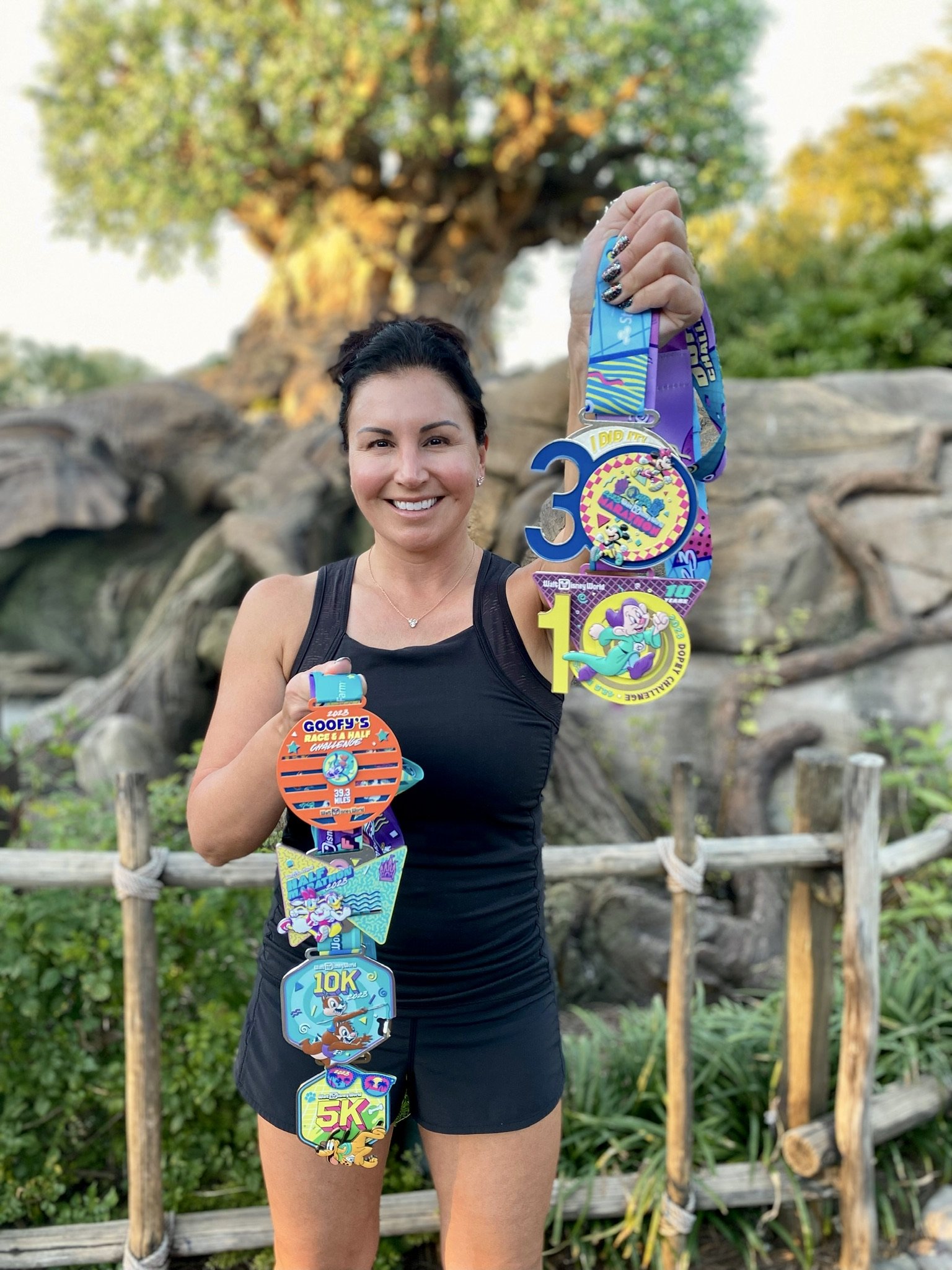
-
"I am so grateful for my experience with Dr. Ali. She was so thorough and always took time to address all of my questions. She provided me with a concise plan to recover and train for my next RunDisney event. Prior to seeing her, I worked with other physical therapists who taught me several exercises, but I did not feel like they adequately addressed my pain and my want to continue training for future races. Now working with Dr. Ali, I know how to avoid flare ups and address pain, and I have a thorough plan on how to train for my upcoming race. She has addressed all of my issues and answered every question I have had. She truly takes her time getting to know her clients and all of their ailments and uses her plethora of knowledge to answer questions and address concerns. I cannot recommend her enough! "
Rachel L








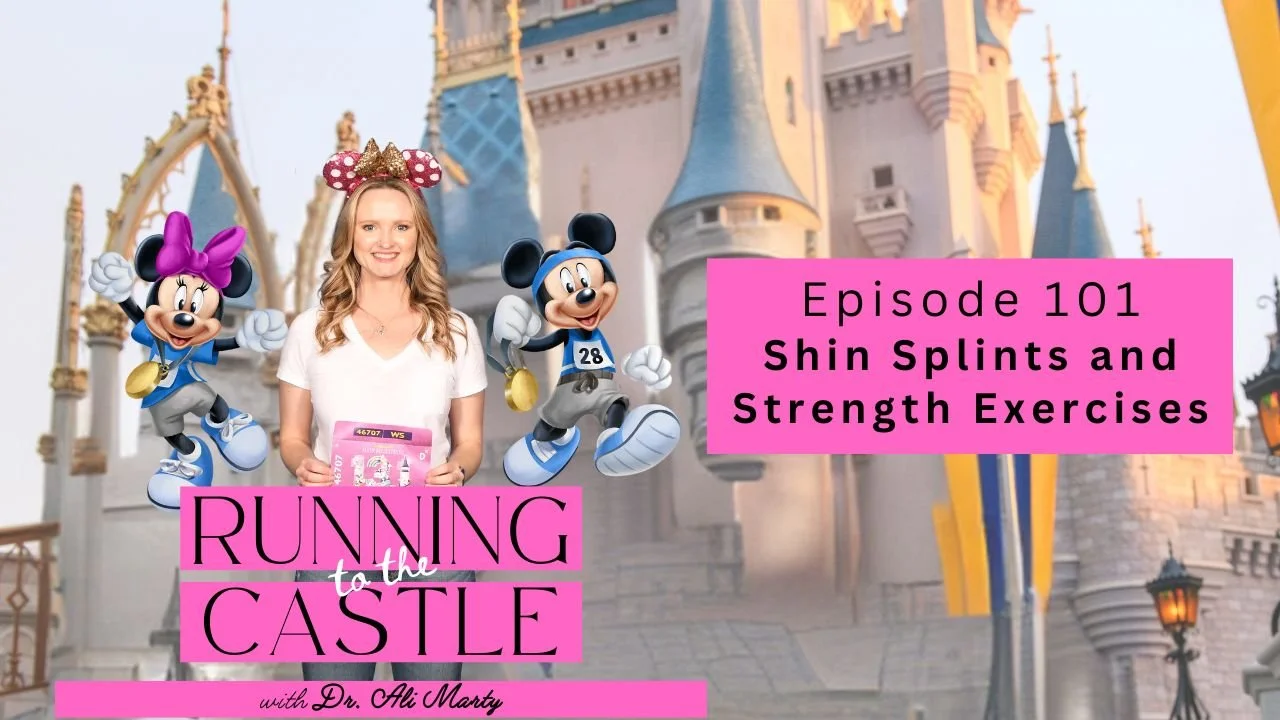

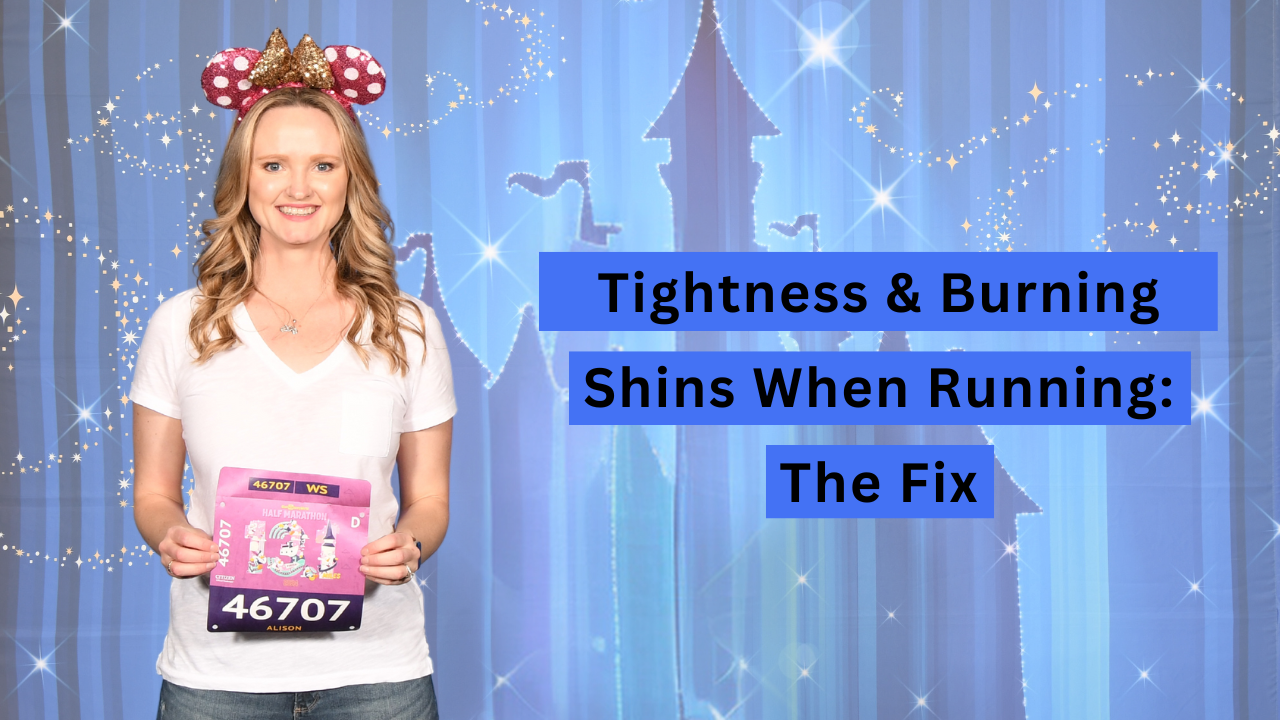
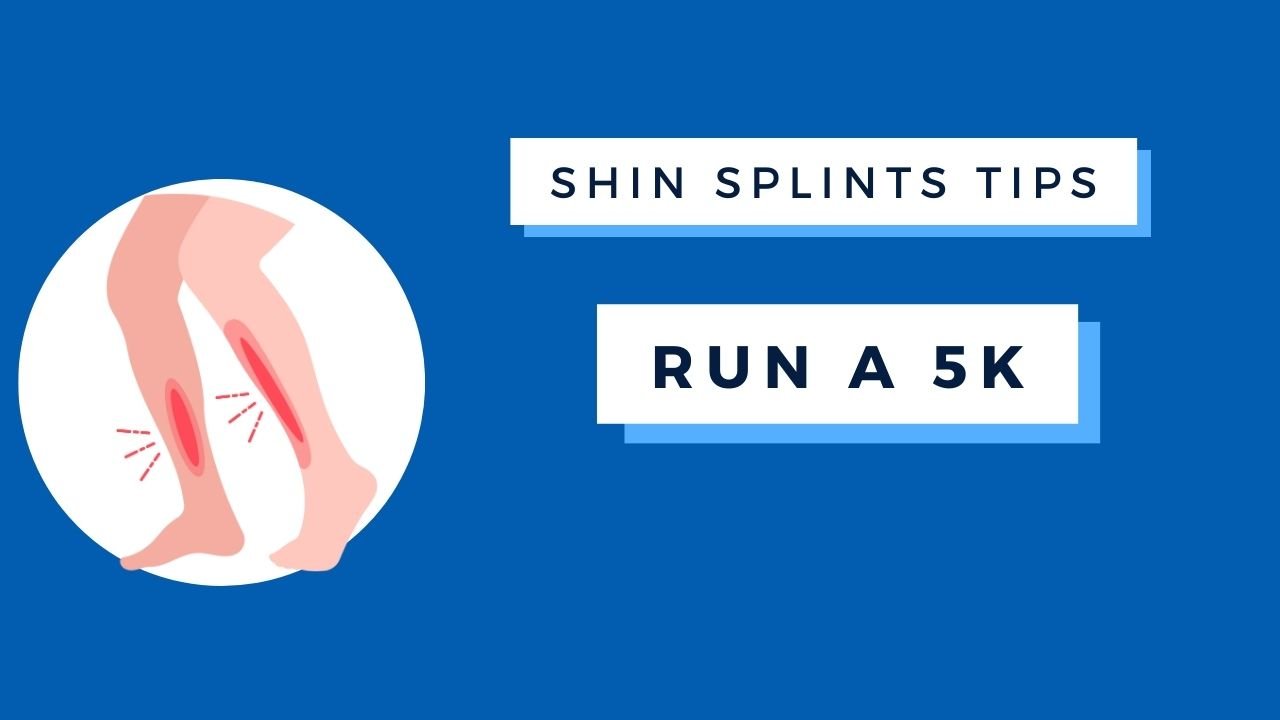





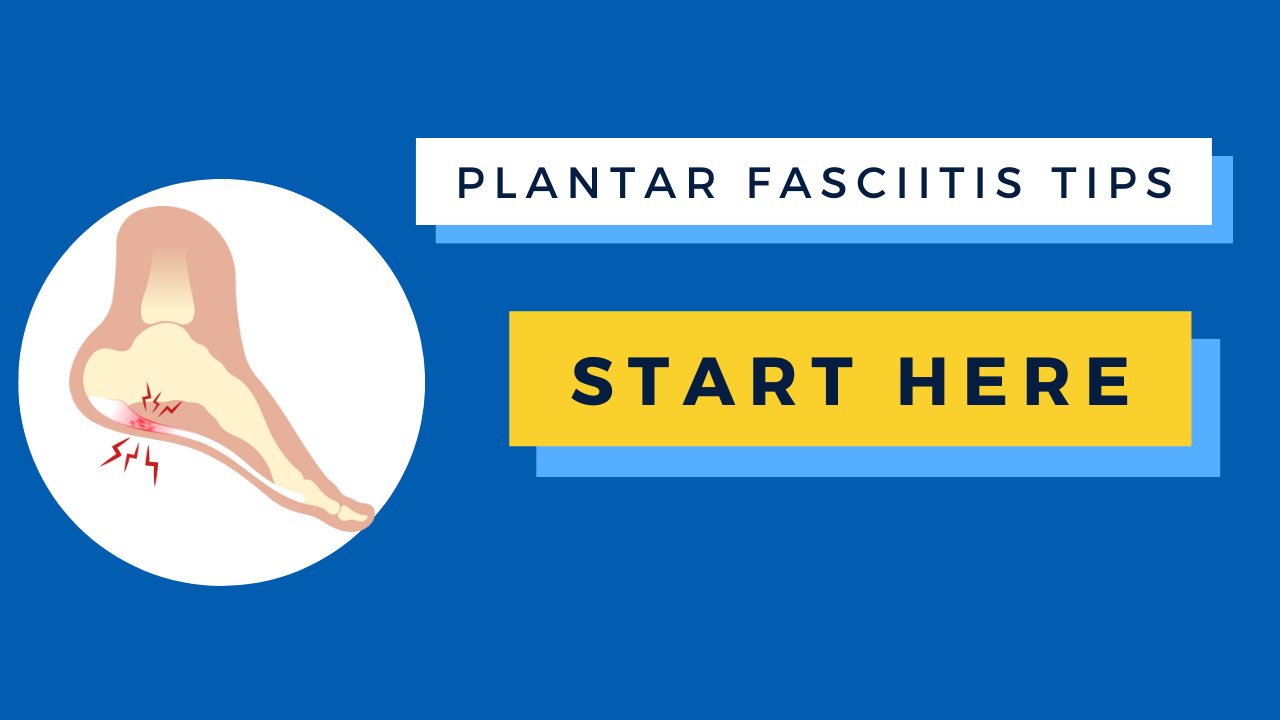




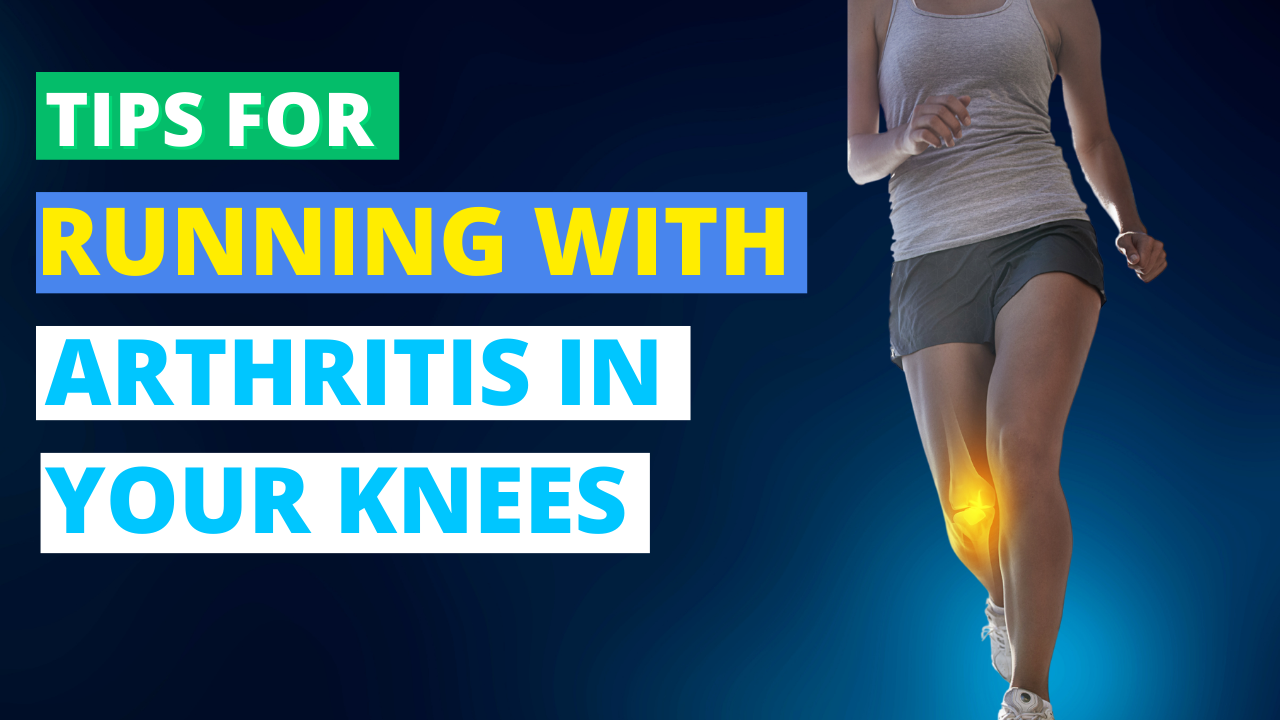
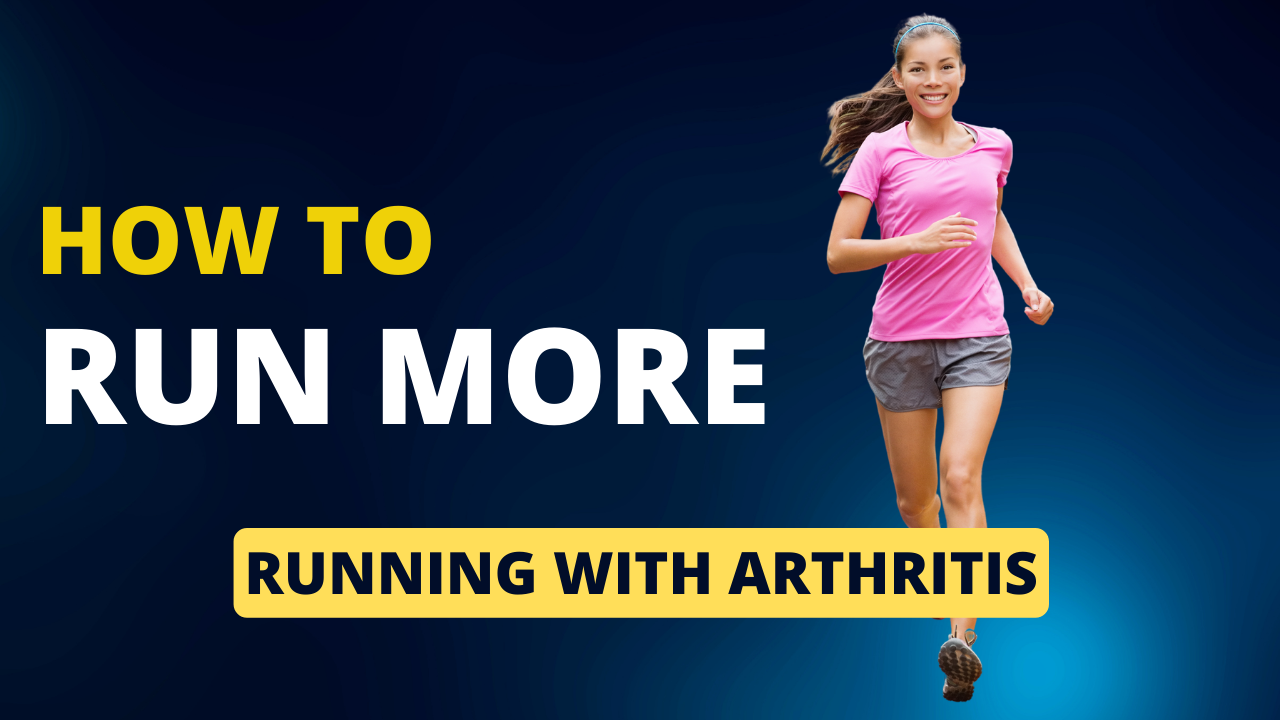
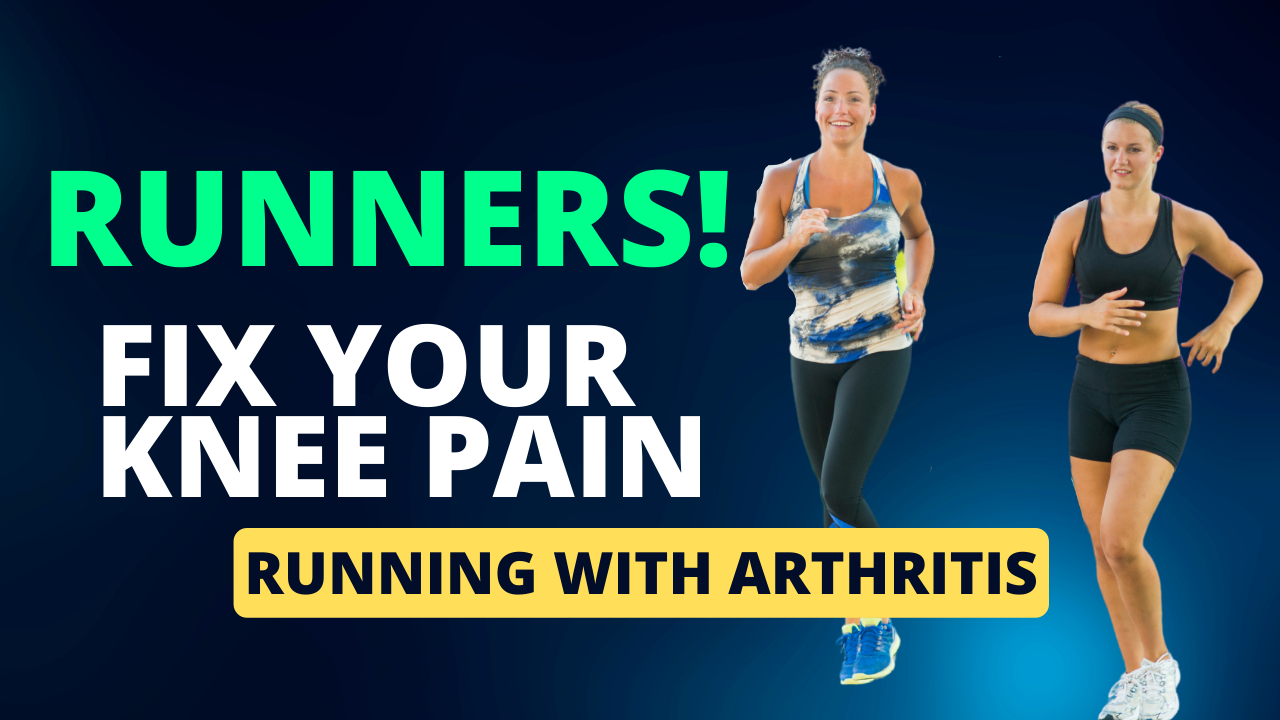






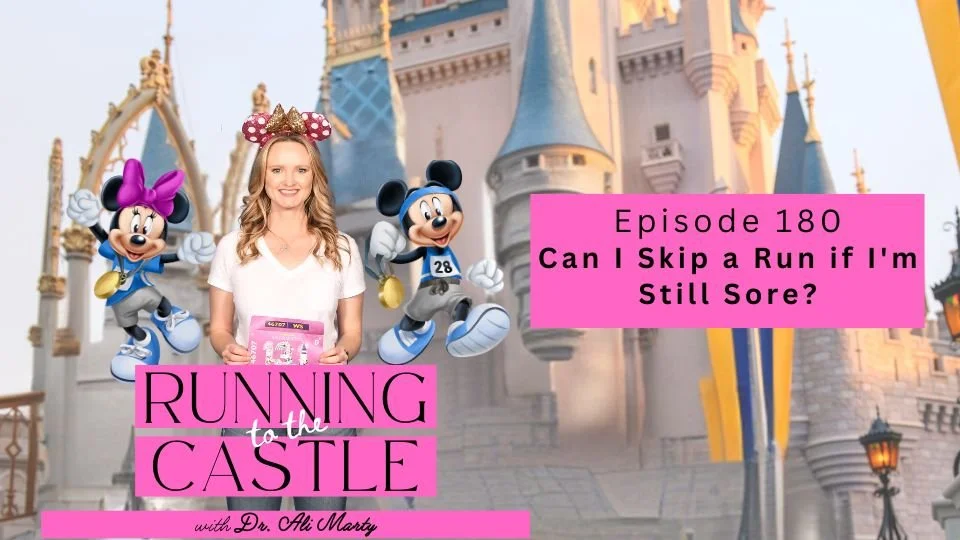
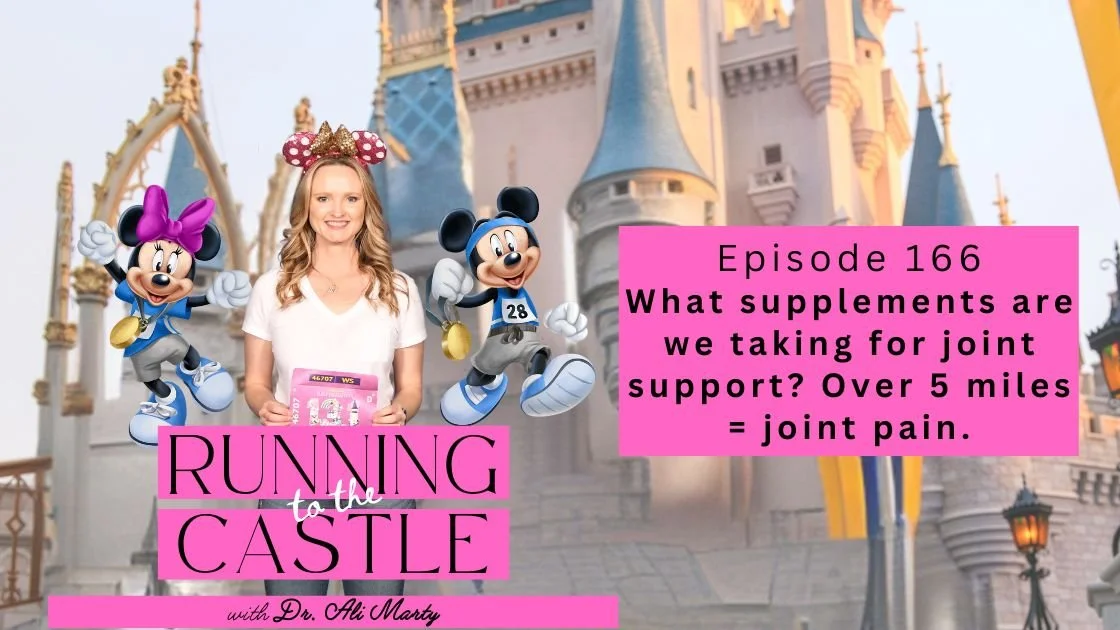






















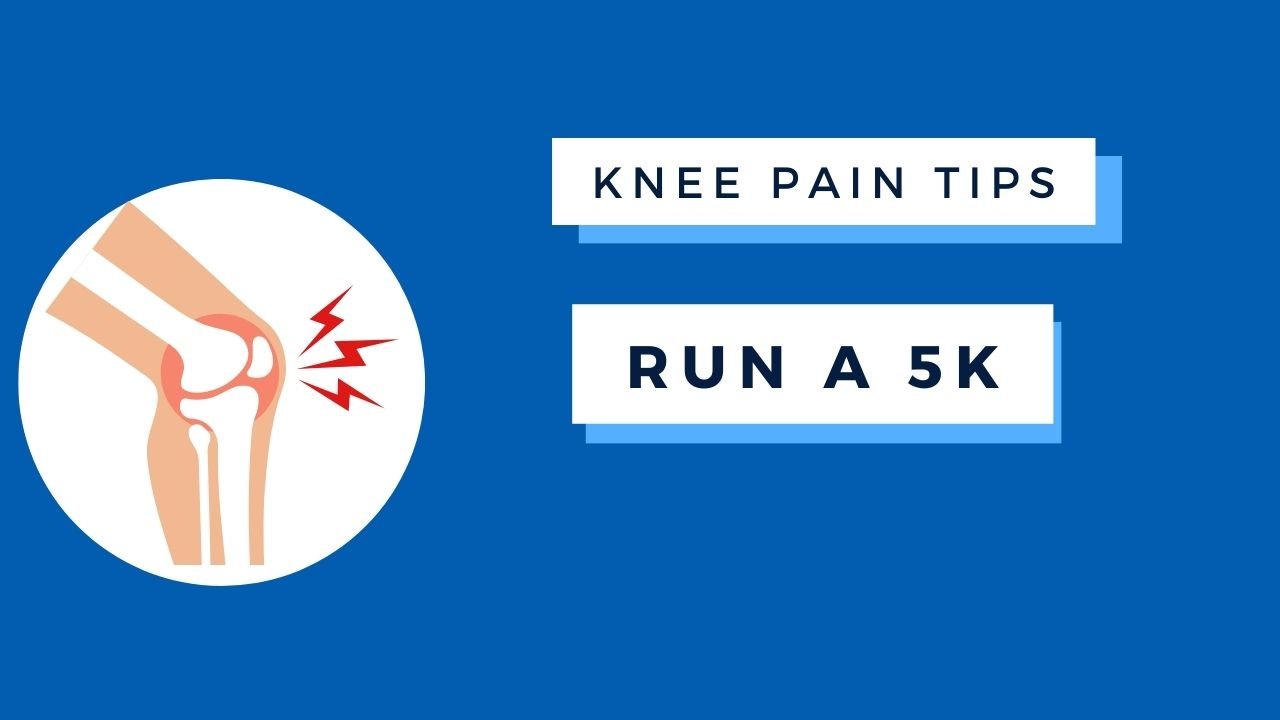
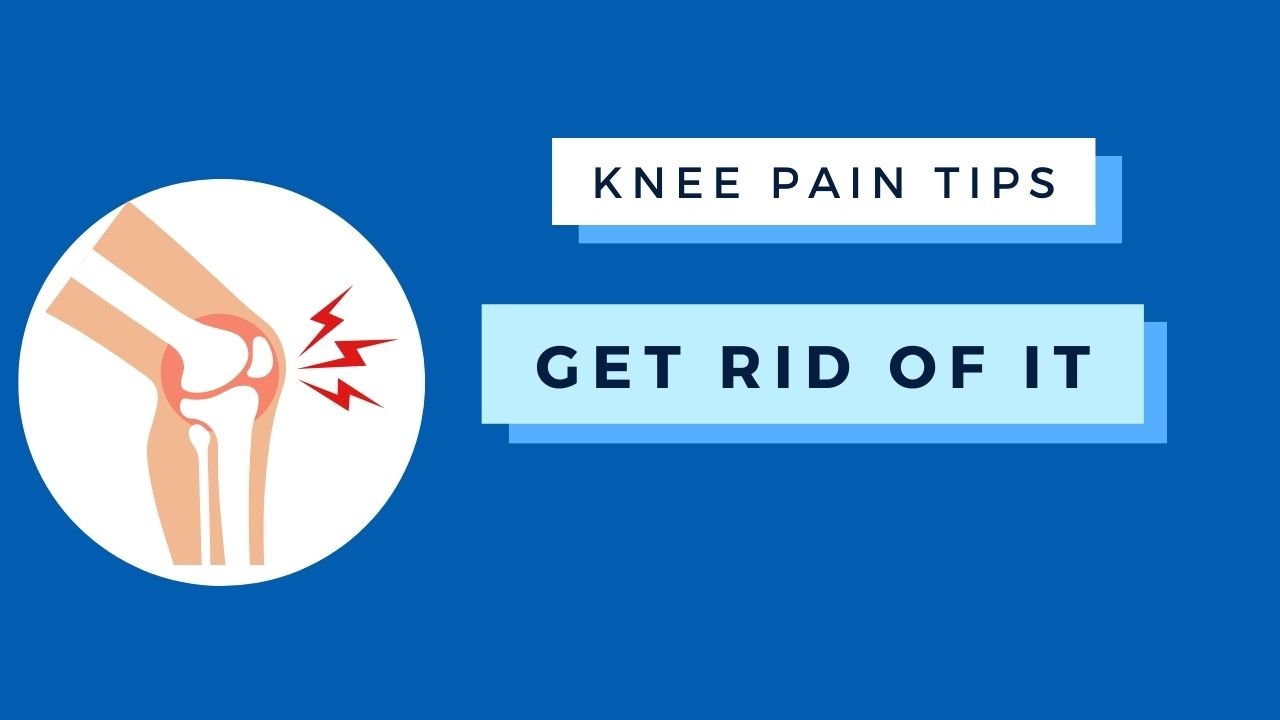





















In this episode of Running to the Castle, you’ll learn why you can’t diagnose running pain from a Facebook post—and what you should be asking instead.